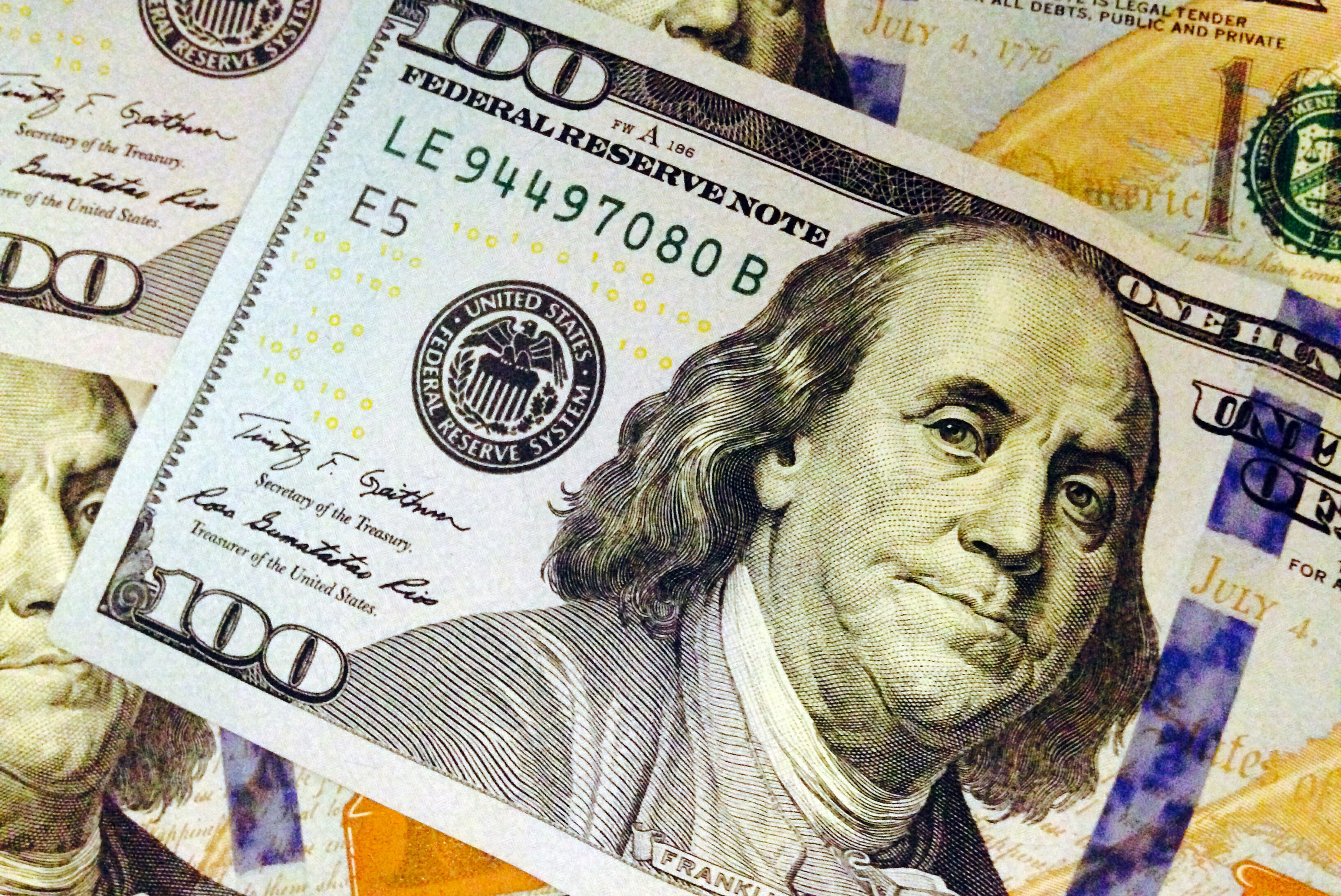
Poll: More Americans say too little spending on health
WASHINGTON (AP) — A growing majority of Americans want greater government spending on health care, and the increase is being driven by both Democrats and Republicans.
That’s according to new data from the General Social Survey, a widely respected trend survey that has been measuring views of government spending since the 1970s. An analysis by The AP-NORC Center for Public Affairs Research and General Social Survey staff reveals that Americans want to spend more money on a wide range of government functions.
About three-quarters of Americans say the government is spending too little on education, and roughly 7 in 10 say the government is spending too little on assistance to the poor and dealing with drug addiction. By comparison, nearly half of Americans say the government is spending too much on foreign aid.
The findings come as President Donald Trump’s latest budget plan proposes to cut many programs that are popular with the public, including alternative energy, the safety net for the poor, and health care.
Support for more government spending on health care has been on the rise since 2014. Seven in 10 consider the government’s spending on improving national health to be too low, up from 62 percent in 2016 and 56 percent in 2014. While Democrats are more likely than Republicans to say spending on health is too little, there has been a sharp increase across party lines. The poll finds 80 percent of Democrats say there is too little spending, up from 66 percent in 2014, and 59 percent of Republicans say the same, up from 42 percent four years ago.
The government is on track this year to borrow more than 20 cents for every dollar it spends, running a deficit in the $1 trillion range. Few lawmakers have displayed much real appetite for cutting spending and the survey data seems to help explain why.
There’s only one policy area — foreign aid — for which more Americans say the government is spending too much than say it’s spending too little or the right amount. And while the public appears generally satisfied with spending on parks and recreation and space exploration, which take up a relatively small portion of the federal budget, Americans think most other policy areas are underfunded.
On most issues, the partisan divide reflects broad attitudes toward government spending; Democrats are more likely than Republicans to say the government is spending too little.
One area stands out: Comparable shares of Democrats and Republicans think infrastructure is underfunded. In 2018, 53 percent of Democrats and 56 percent of Republicans say the government is spending too little on highways and bridges. While infrastructure has been a stated priority for the White House, the latest budget plan disappointed some lawmakers who hoped for more.
Across party lines, drug addiction also has seen increased attention as a policy priority in recent years. Nearly 7 in 10 say government is spending too little fighting drug addiction, up from 54 percent a decade ago and about as high as it was in the late 1980s. Wide shares of both Democrats (72 percent) and Republicans (67 percent) consider drug addiction a spending priority.
In recent years, attitudes toward defense also have been shifting. In 2018, 40 percent of Americans think the defense budget is about right, up from 34 percent in 2016. Fewer — 29 percent — say too little is being spent on defense, down eight percentage points from two years ago.
Among Republicans, 43 percent now say spending on defense is about right, up from 29 percent in 2016. The results correspond with a successful effort by Trump and his GOP allies to power through significant Pentagon increases over the past year. They are eying a record defense budget of $750 billion and Democrats may largely go along, in part to justify more spending on domestic programs.
Support for more spending among Democrats stands out on several issues. For example, following steps by the Trump administration to curb environmental protections, there has been an uptick in the share saying too little is spent on the environment. About 8 in 10 Democrats say this now, up from 74 percent two years ago and 67 percent in 2014.
While views of spending to improve the condition of blacks had been largely stable for decades, Americans are far more likely to say the government is spending too little in 2018 than they were just four years ago, 52 percent versus 30 percent.
__
The General Social Survey has been conducted since 1972 by NORC at the University of Chicago, primarily using in-person interviewing.
Sample sizes for each year’s survey vary from about 1,500 to about 3,000 adults, with margins of error falling between plus or minus 2.2 percentage points and plus or minus 3.1 percentage points.
The most recent survey was conducted April 12 through Nov. 10, 2018, and includes interviews with 2,348 American adults.
The Western Journal has not reviewed this Associated Press story prior to publication. Therefore, it may contain editorial bias or may in some other way not meet our normal editorial standards. It is provided to our readers as a service from The Western Journal.
Truth and Accuracy
We are committed to truth and accuracy in all of our journalism. Read our editorial standards.
Advertise with The Western Journal and reach millions of highly engaged readers, while supporting our work. Advertise Today.












